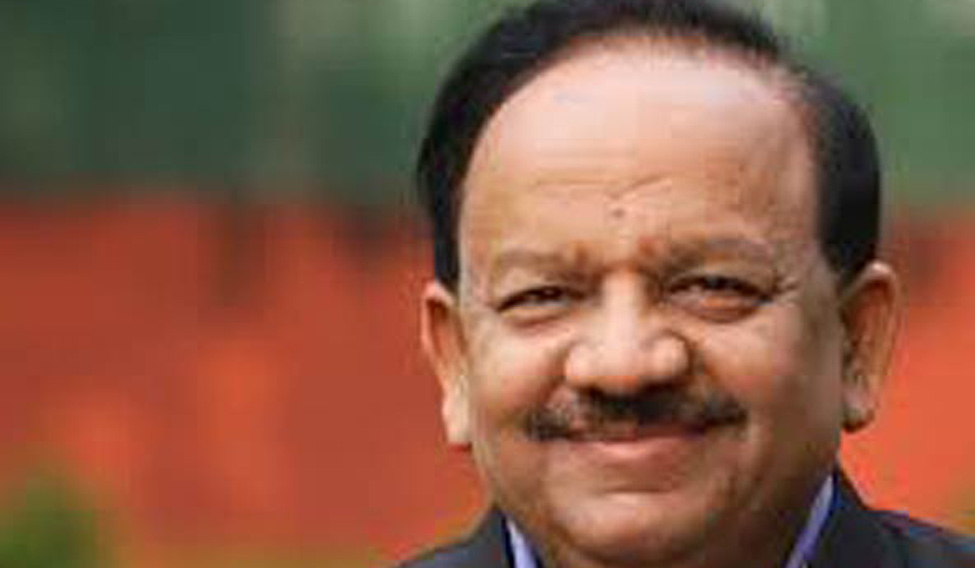Climate change will remain the priority area of environment ministry in India. “We are ambitious to lead the world in this,” Union Minister for Science and Technology, Earth Sciences, and Environment, Forests and Climate Change Harsh Vardhan said on Tuesday.
The minister said many workshops have been held in the national capital about air pollution across north India. While the Delhi government was involved on a daily basis, district level officials of the NCR region states were also invited for these, he added. “What we do for Delhi is a hands-on demo model for the rest of the country. We have roped in 100 cities which will be actively involved in the National Clean Air Mission”, the minister elaborated.
The idea, according to him, was to handle the issue of air pollution in totality, which is why the Union Budget 2018-19 had an allocation that referred to stubble burning in Punjab and Haryana.
The plans and programmes the ministry arrives at are meant to be replicated by the states, while the Centre will support them from multiple levels, the minister said.
Specifically talking about a fortnight-long workshop in this regard, Harsh Vardhan said the experience from this would guide them on what they have to do round the year. The ministry was reviewing the air quality around the capital regularly, he said, confident that things will improve substantially.
Talking about the green cover across the country, the minister said much depends on the states. He, however, said the afforestation along catchment areas of rivers was satisfactory.
Harsh Vardhan revealed that the ministry will be imparting skills to over 80,000 people in jobs related to the environment as there was a shortage of people with such “green skills.” These include bioldiversity conservation, managing effluent treatment plans, air pollution control equipment handling, plantation sectors and waste management sector among others. The skills will be imparted through 57 centres in the country, he said.
Admitting that there has to be a trade-off between development and environment protection, the minister said there is a lot of scrutiny with regard to safeguards for fragile zones in particular. According to him, “States have to prepare their masterplans, which have to be approved by the Centre in case of projects that are in environmentally sensitive zones. There is an impact assessment done. Permission is given only after taking into account the fragility and the steps taken to mitigate that. You cannot imagine how many meetings we have when it comes to an issue of a sensitive zone”.






